This lunchtime Liz Truss has been announced as the new leader of the Conservative party. After a contest that spanned the summer, the chair of the 1922 Committee Sir Graham Brady announced the result, with Truss winning 81,326 votes to Rishi Sunak’s 60,339. Some 654 votes were rejected, suggesting spoiled ballots. This means Truss won with 57 per cent of the vote – a narrower margin of victory than her predecessor Boris Johnson who beat Jeremy Hunt with 66 per cent of the vote in 2019. This means her lead over Sunak was smaller than several of the membership polls suggested – and the contest was tighter than expected.
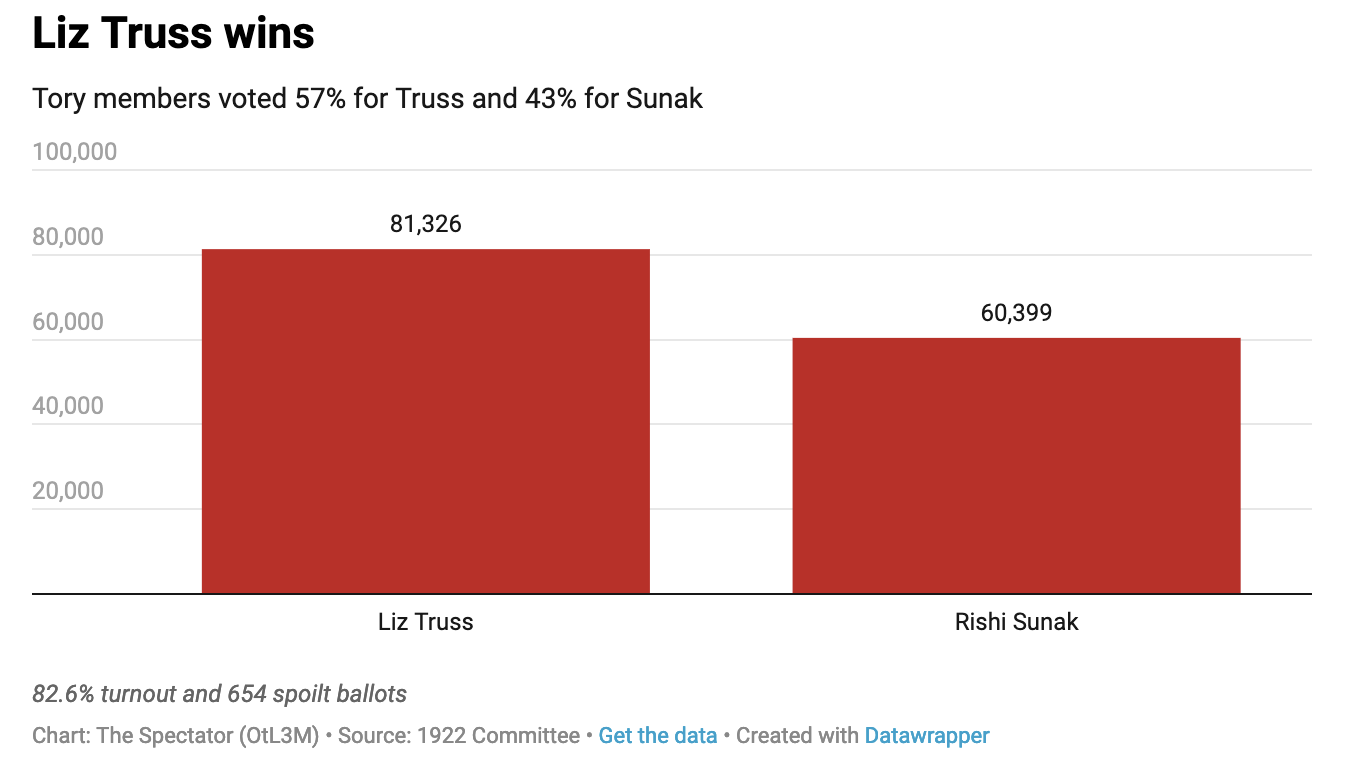
MPs have been working on the basis of a Truss victory for some time, and attention is already turning to her first few days in power. After winning, Truss was quick to praise Boris Johnson, describing the outgoing Prime Minister as her ‘friend’ and praising him for his achievements on Brexit, vaccines and standing up to Vladimir Putin over Ukraine. Despite a rather vicious contest, Truss also paid her respects to Sunak, saying it had been a hard-fought campaign. In a sign that Truss believes it ran on too long, she described the process as one of ‘the longest job interviews in history’. However, the atmosphere in the hall was rather flat, with attendees missing the moment to clap in various places.
So, what happens now – what will what Truss’s first days as Prime Minister look like? Tomorrow Johnson will visit the Queen at Balmoral to resign and Truss will follow to be appointed. She will then return to Westminster where she is expected to give a speech and start to make appointments to her government. She is tipped to unveil her plan to deal with the cost of living on Thursday.
There is space in all this for some surprises. After insisting early on in the campaign that she was opposed to ‘handouts’, the steer from those close to Truss is that she could now be inclined to follow in Sir Keir Starmer’s footsteps and come out in favour of freezing the price cap – though questions on how she would fund such a measure remain, given she has said she is opposed to Starmer’s method of extending the current windfall tax. Were she to freeze prices it would be taken as a sign by MPs that she can put pragmatism before ideology. However, it would also raise questions as to how far she will deviate from her pledges to the Tory membership.
The other moving part in all this is Truss’s cabinet. The most senior appointments have largely been decided in advance – with Kwasi Kwarteng due to be her Chancellor, Suella Braverman her Home Secretary and James Cleverly lined up for Foreign Secretary. Other appointments will give a clear indication as to by what margin Truss plans to try to unite the party.
Unlike Theresa May and Johnson, Truss did not receive the most MP votes in the parliamentary stage of the contest – and her margin with the membership isn’t huge. That lends itself to the argument she should reach out in order to unite the party. Yet the strong indication from Team Truss is that the cabinet will be largely formed of her backers. Where there is more space for promotion for those who fell in behind Sunak is in the junior ministerial ranks.
The pace of this week, from the first speech, cost of living intervention, PMQs and the cabinet appointments, means that by the weekend Truss will have set the tone for her premiership – good or bad.
Got something to add? Join the discussion and comment below.
Get 10 issues for just $10
Subscribe to The Spectator Australia today for the next 10 magazine issues, plus full online access, for just $10.


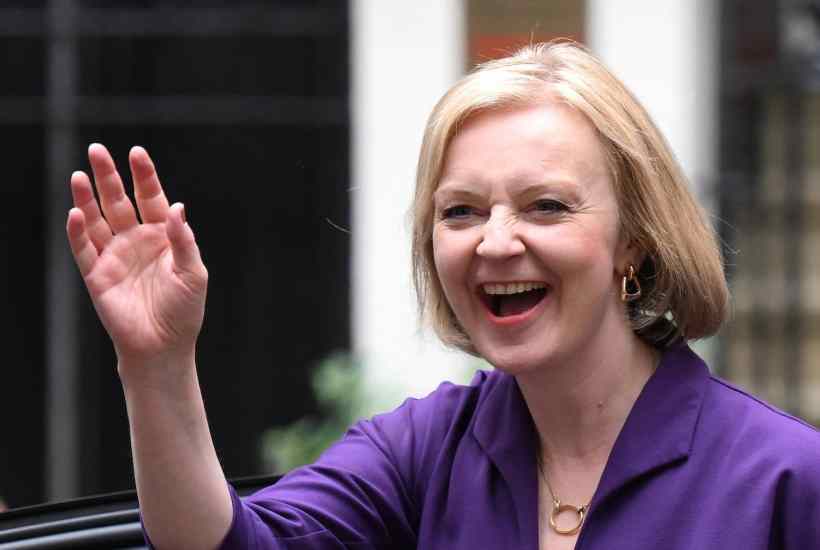
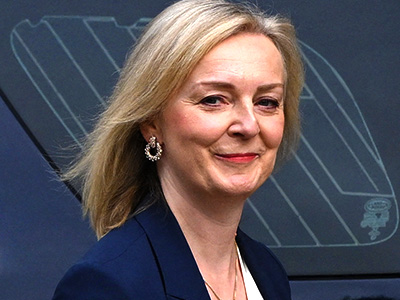
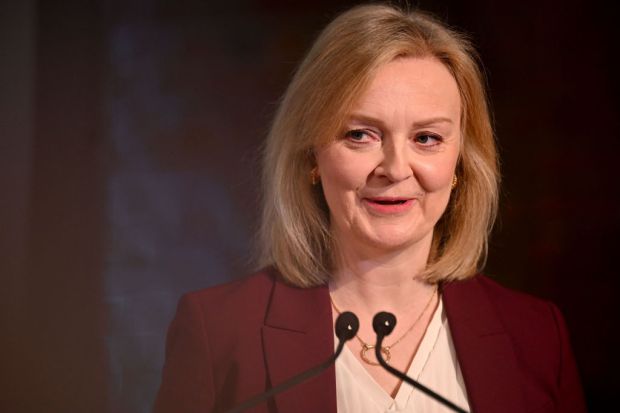
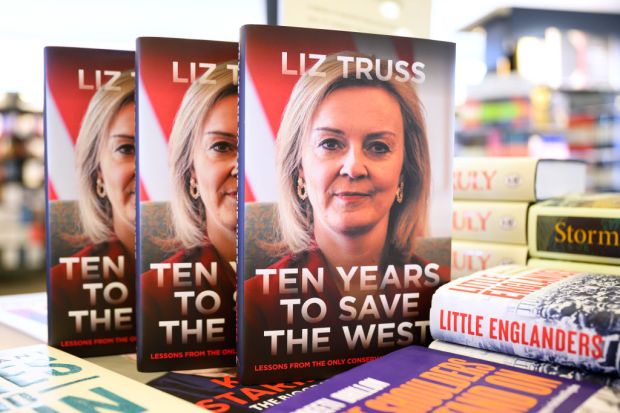
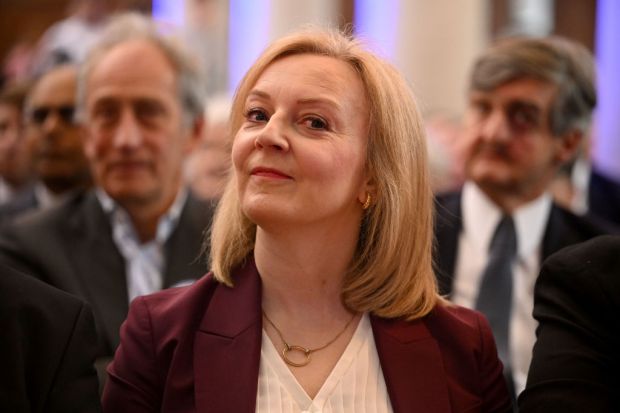
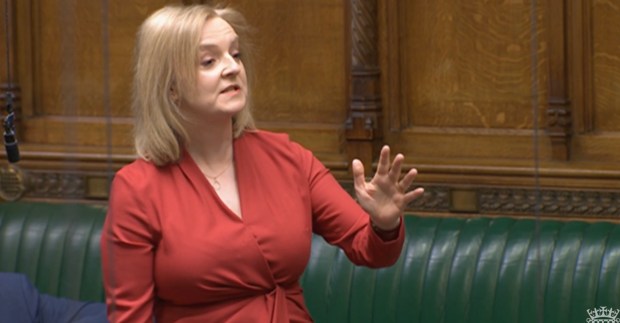
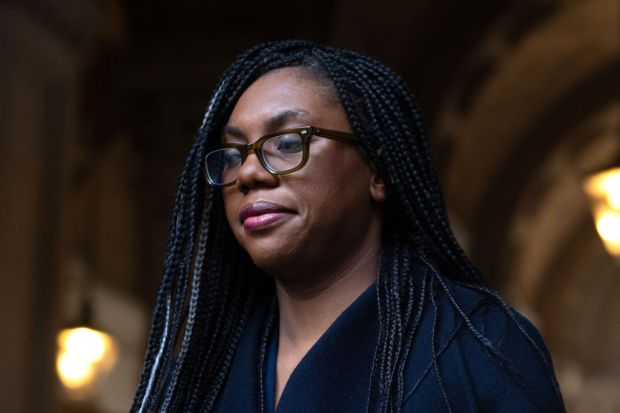












Comments
Don't miss out
Join the conversation with other Spectator Australia readers. Subscribe to leave a comment.
SUBSCRIBEAlready a subscriber? Log in